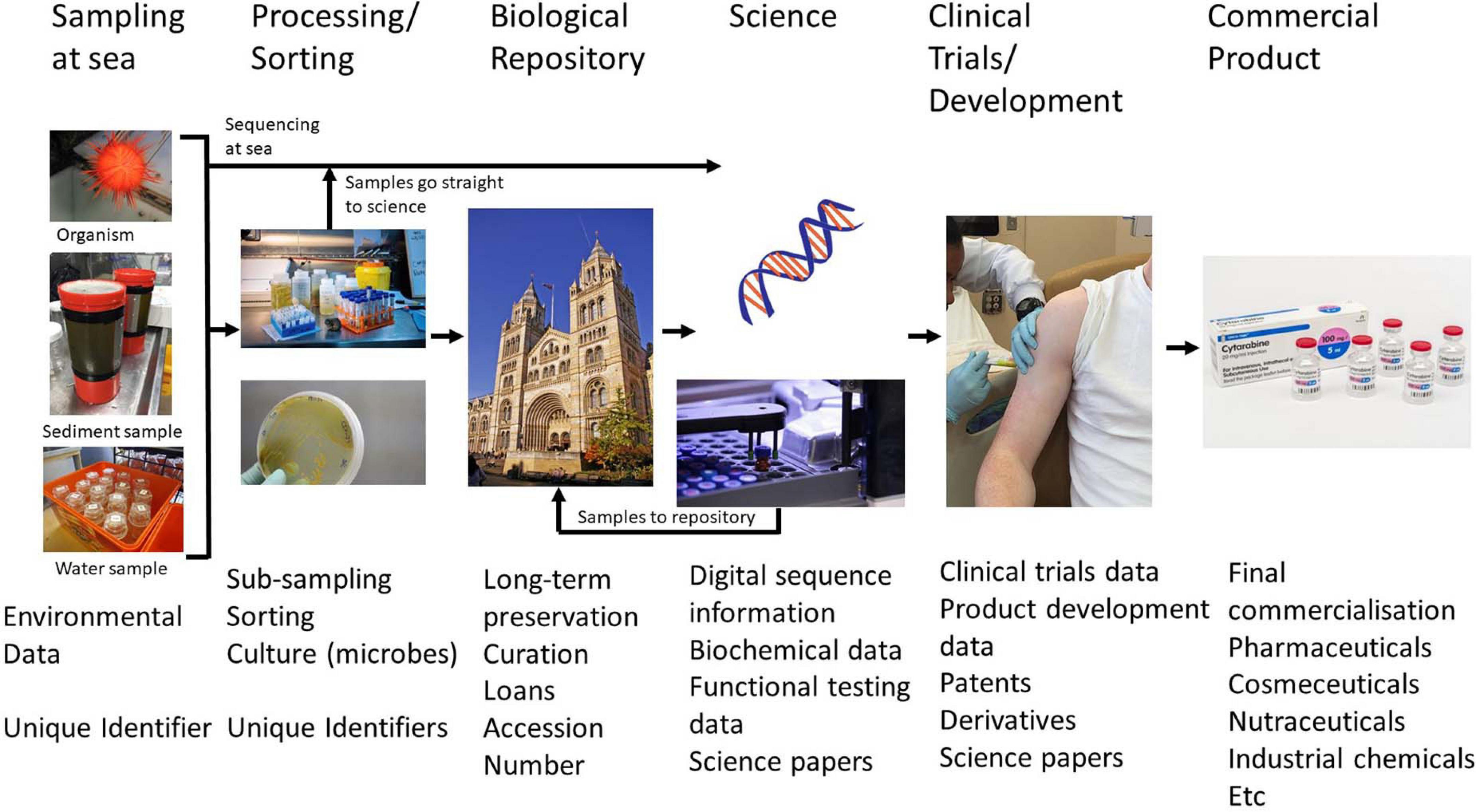REV Ocean Science Director Alex Rogers provides solutions for equitable science exploration and follow-up reporting in a new paper published in Frontiers in Marine Science.
OSLO, 31.05.21 – Areas beyond national jurisdiction (ABNJ) cover 61% of the ocean surface, 73% of its volume, and are rich in biodiversity. It is becoming more understood that genetic resources could provide a range of new products from pharmaceuticals to cosmetics to food supplements. Conducting scientific research in this part of the ocean is expensive, requires cutting edge technology and highly educated scientists and technicians. Under international law, anybody can access and use these resources sustainably. But in practice, only a handful of countries can do so, which could lead to an inequitable situation where wealthier nations get wealthier.
The Biodiversity Beyond National Jurisdiction (BBNJ) agreement is being discussed within the United Nations to ensure sustainable and equitable use of genetic resources. Several outstanding questions need to be answered before the agreement can be finalised. How can researchers effectively share information and knowledge? How can the research community increase access to marine genetic resources? What can wealthier nations do to enable capacity building and technology transfer to developing nations?
Prof. Rogers identifies several solutions in the paper, including cruise notifications, standardising the collection and archiving samples and data, genome mining, and capacity building.
A globally available platform for pre-cruise notification and post-cruise reporting is feasible and is already best practice in many countires, international organisations and projects. The infrastructure exists under the International Oceanographic Data and Information Exchange of the Intergovernmental Oceanographic Commission (IOC IODE). This enables opportunities for developing countries to place personnel onboard research vessels and for collaboration amongst scientists globally.
Standardising collection and archiving samples and data ensures all samples taken in ABNJ have a Globally Unique Identifier (GUID). This allows for long term archiving of samples in discoverable collections and the use of advanced technologies such as digital 2D and 3D imaging to enhance access around the world.
Improvements in bioinformatics and genomic technologies enable identification of Marine Genetic Resources (MGR) from Digital Sequence Information (DSI). Such genome mining helps future proof MGR.
Lifting the capacity of all States supports equitable sharing in the benefits of research, technology development, capacity building and innovation. There are very few initiatives that target training early career researchers at sea. The best examples of capacity building generate equitable partnerships over the long term from which everyone benefits. Training on data management is essential at all levels of career development.
“This paper brought together authors from across the globe to think about how the BBNJ agreement could improve access to the genetic wealth of the ocean for developing states. We identified many opportunities to build capacity and share infrastructure so that all countries can benefit from the legacy of nearly 4 billion years of evolution in the ocean. We very much hope that this paper can inform delegates to the countries negotiating the BBNJ agreement and bring about a better sustainable blue economy for all” – Alex Rogers.
